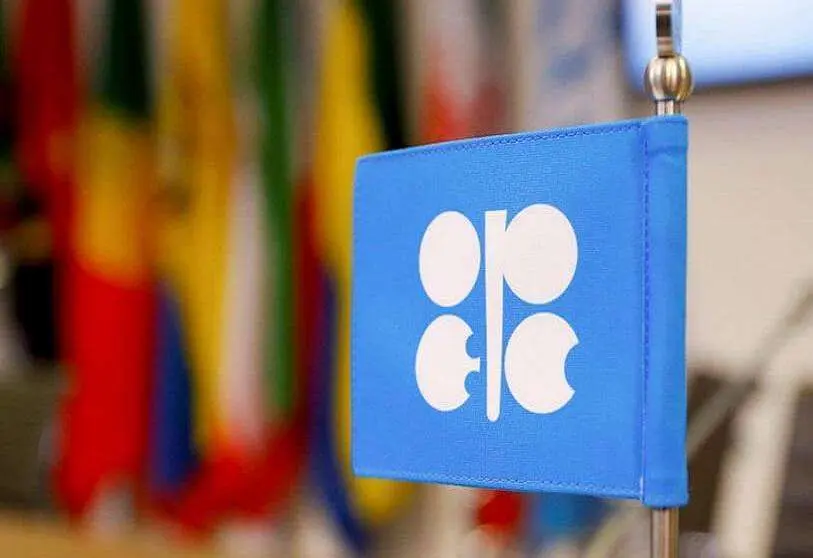OPEC+ resumes crude oil production meeting

The alliance of 23 OPEC+ countries, led by Saudi Arabia and Russia, could not agree at their last meeting on Friday on how much oil to supply from August and, after hours of discussions without result, the Organisation of the Petroleum Exporting Countries (OPEC) and its allies decided to continue their meeting on Monday after hours of discussions without result.
The deliberations of the 23 OPEC+ producing countries are the focus of the world's crude oil markets, which will continue to wait to see what outcome they finally reach. The alliance has to set the total production level from August onwards.

This time, it was not the traditional rivalry between Russia and Saudi Arabia that prevented the agreement. The United Arab Emirates was allegedly responsible for the summit's failure. According to several sources, the blockage was due to the UAE's demand that the basis for setting its national production quota be raised to reflect its greater capacity to extract crude oil, which was not accepted by the other partners.
UAE Energy Minister Suhail al-Mazrouei rejected extending the OPEC+ deal until December 2022, calling his country's oil production quota "unfair", according to the official Emirati news agency WAM. He added that "it makes no sense to put conditions on an increase in August" because he considered that "the market needs an increase in production" and the UAE fully supports this taking place from August onwards.

That prevented a preliminary agreement that Saudi Arabia and Russia had reached to increase the group's joint output by 0.4 million barrels per day (mbd) each month starting in August. OPEC+ producing countries had planned to increase oil production by 400,000 barrels per day between August and December. However, the task is difficult for the alliance, which must take into account the multiple uncertainties that loom over both the supply and demand of crude oil.
This threshold defined in October 2018 is considered obsolete by the Emirates, which claim "a higher (production) capacity now", says Eugen Weinberg, an analyst at Commerzbank. According to Weinberg, Abu Dhabi wants to increase its benchmark production volume from which its quota is calculated because it has "now a higher capacity". Currently at 3.17 million barrels per day, the Emirati minister is said to have insisted that it be "increased to 3.8 million barrels per day", says Ole Hansen, an analyst at Saxobank.

The OPEC+ (OPEC and allies) ministerial meeting last Friday "offered only one option, which is to increase production on the condition of extending the current agreement, which would extend the UAE's unfair production baseline until December 2022," the minister lamented. "The UAE and its international partners have invested substantially in increasing their production capacity and believes that (...) the baseline data should reflect the current capacity and not that of October 2018, which is outdated," Al Mazrouei elaborated.
The Arab country's production increased from 3.160 million barrels per day (mbd) in October 2018 to 3.841 mbd in April 2020, and aims to produce 5 mbd by 2030. Meanwhile, crude benchmarks Brent and WTI are hovering around $75, up 50% since 1 January, an increase not seen since 2018 before the pandemic.

OPEC itself expects oil demand to be 6 mbd higher this year than in 2020, an even more optimistic outlook than the 5.5 mbd forecast a fortnight ago by the International Energy Agency (IEA). The revival of the economy, and in particular travel and tourism, thanks to the advance of vaccination in Europe and North America is behind these sharp rises.
However, the alliance's producers still see risks that could negatively affect the market, such as new outbreaks of the pandemic, especially due to the spread of the Delta variant of the coronavirus, or inflationary effects of the fiscal stimulus packages adopted by many developed countries.








